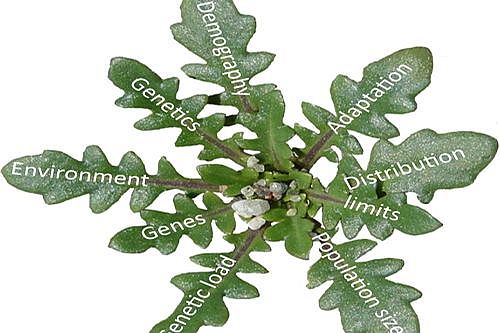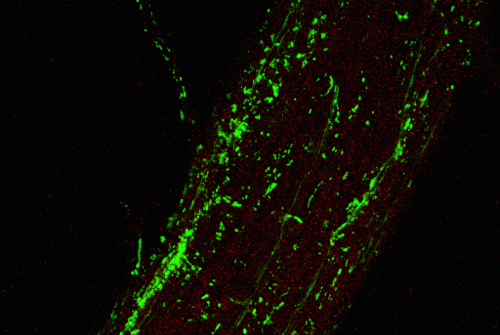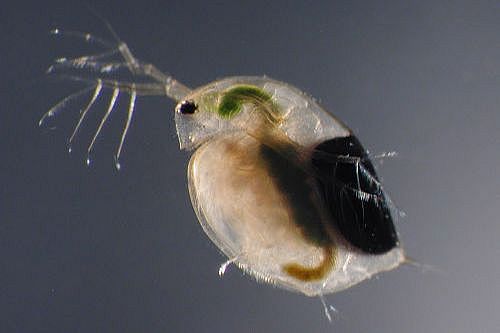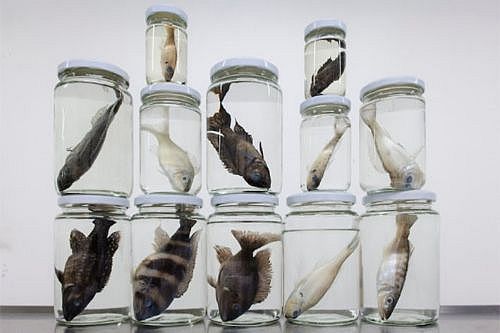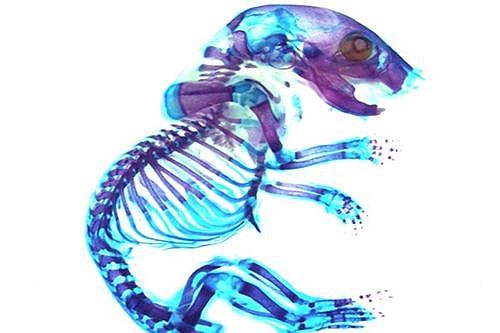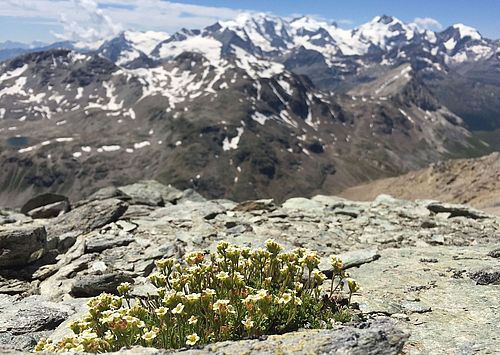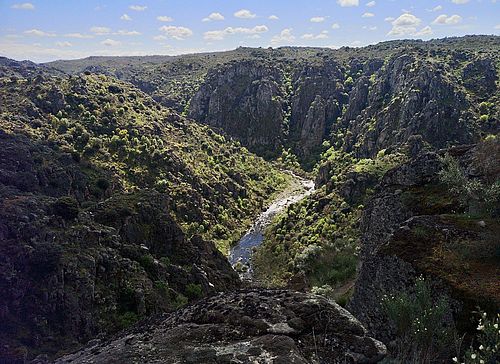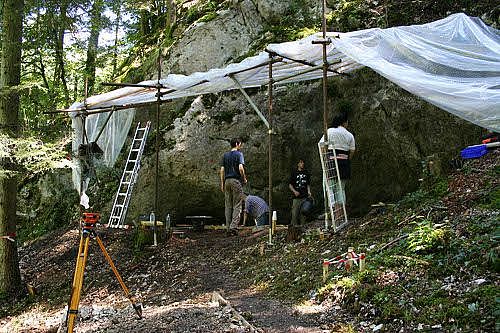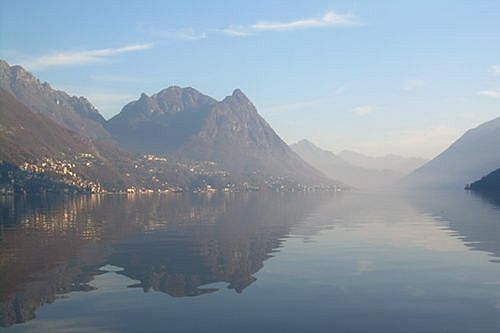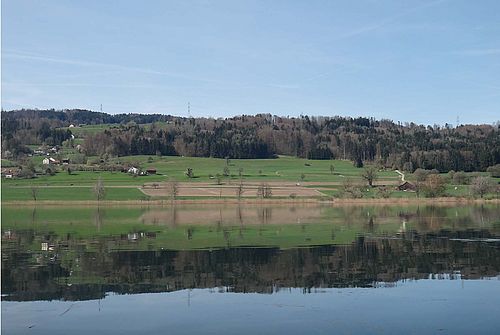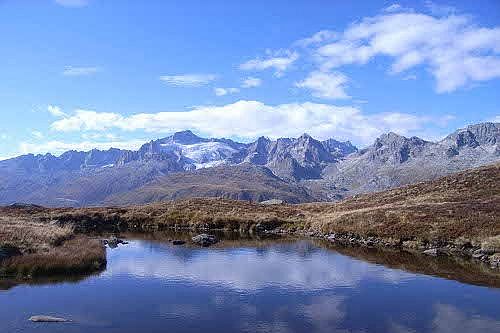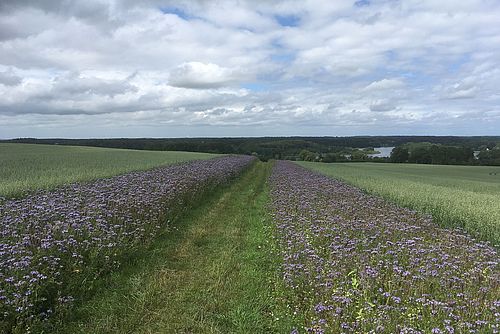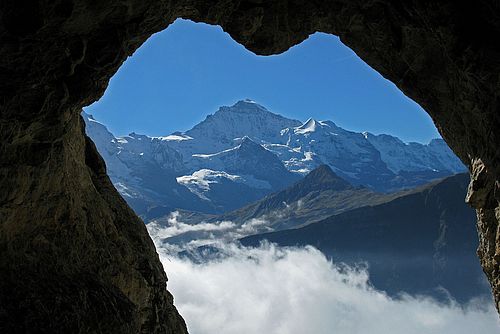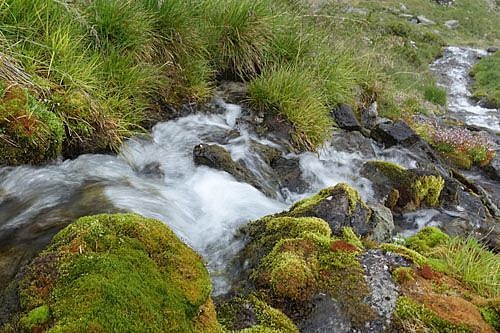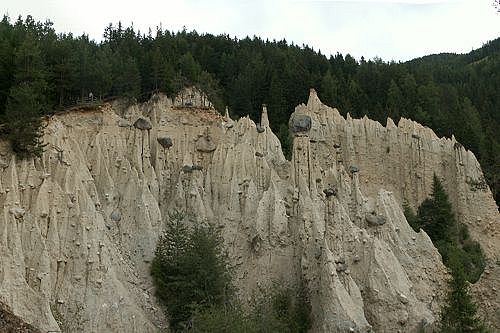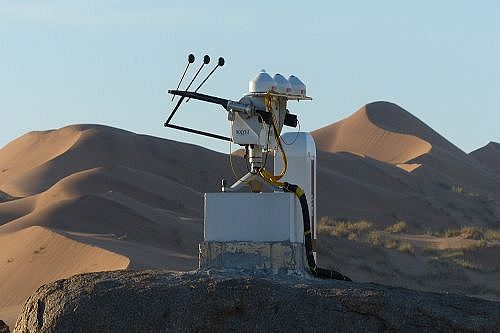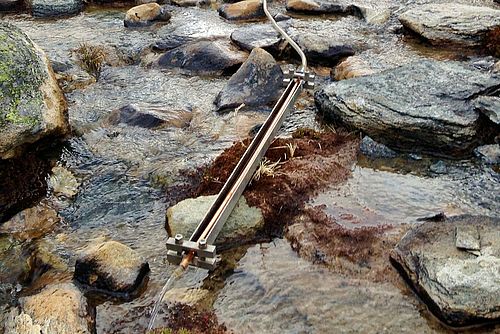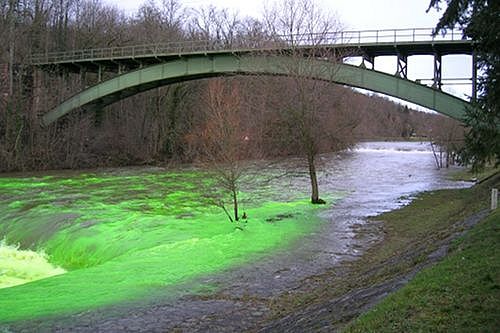
Research Groups
The DUW includes the two orientations “Integrative Biology” and “Earth Sciences”. Research projects of the Integrative Biology focus, for example, on the evolution of animals, the consequences of invasive animal species, urban biodiversity, the adjustments of forests and various plants to climate warming, or on the communication between plants and microorganisms. In the Earth sciences, researchers work on the role of aerosols in the atmosphere, the production of greenhouse gases in waters, soil erosion, changes in the earth’s surface through human activities, and on the use of water resources to name just a few topics.
Integrative Biology
Earth Sciences
Arbeitsgruppen
Quick Links
Social Media


